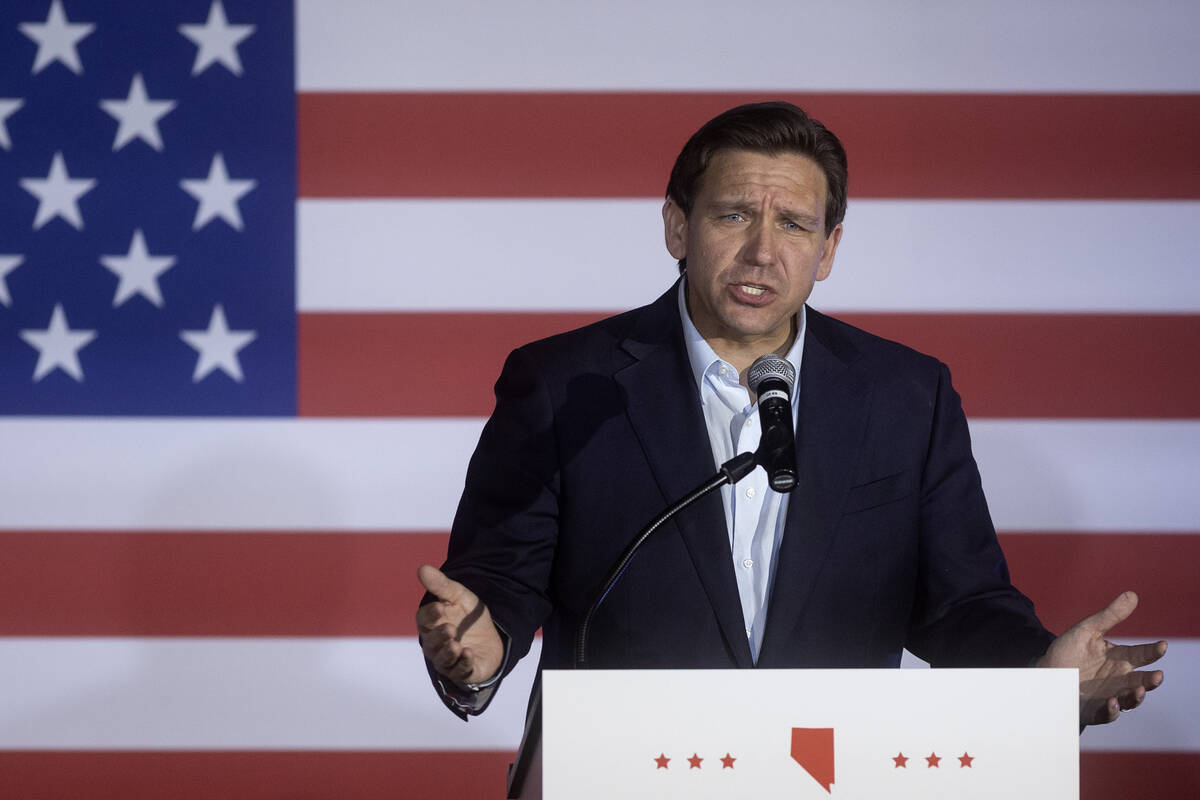EDITORIAL: Florida’s forced unfollowing with protect teens from social media addiction
Studies show that young children and social media can be a bad combination. Florida is doing something about it.
Last month, Florida Gov. Ron DeSantis signed a bill that bans children under 14 from having social media accounts. Children who are ages 14 and 15 can obtain an account only with parental consent.
The genesis for the law is the nation’s more than decade-long experiment with increasing screen time. Many teens and younger children are addicted to their phones generally and social media sites specifically. Last May, Surgeon General Vivek Murthy issued an advisory warning of the negative effects of social media on teen mental health. It noted 95 percent of those 13 to 17 years old use social media. More than one-third say they use it almost continuously.
Mr. Murthy, whom President Joe Biden appointed, said that “social media is an important driver” of mental health problems among young people.
“One 2021 survey of teenagers found that, on average, they spend 3.5 hours a day on social media,” the advisory said. “Social media may also perpetuate body dissatisfaction, disordered eating behaviors, social comparison and low self-esteem, especially among adolescent girls. One-third or more of girls aged 11-15 say they feel ‘addicted’ to certain social media platforms.”
This feeling of addiction isn’t accidental. It’s what social media companies have developed their products to achieve. And they’ve figured out numerous techniques to keep the dopamine hits coming, like infinite scrolling.
Digital addiction is bad enough for adults whose brains are fully formed. They can be devastating for children whose brains are still developing. In 2021, The Wall Street Journal published an explosive series based on internal documents from Facebook, which owns Instagram.
“ ‘We make body image issues worse for one in three teen girls,’ ” internal researchers looking at Instagram found, according to the Journal. They noted teenagers blamed Instagram for increasing anxiety and depression. Six percent of American teenage users with suicidal thoughts linked them to Instagram. Tellingly, researchers found teens wanted to spend less time on the app but didn’t have enough self-control to do so.
There is no First Amendment issue with the Florida law. It is consistent with a long tradition of government regulating the behavior of minors. We have age requirements for driving, drinking alcohol, voting and other behaviors. Keeping minors away from addictive social media until they are older and physically more mature makes similar sense. Pre-teens can still browse the web or even read a newspaper to find news and political opinions.
Nevada lawmakers should follow Florida in protecting children from addictive social media sites.

















